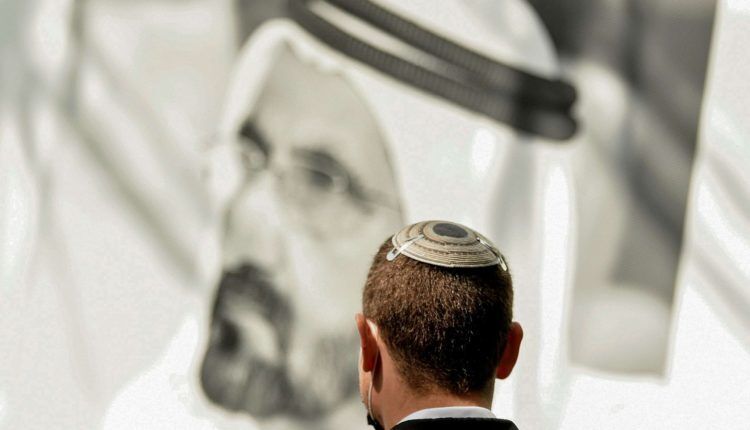Reza Mirabian, in an interview with the website of the Strategic Council on Foreign Relations, referring to the opening of the Zionist regime embassy in the UAE, said: Despite great efforts by the US and Israel, normalization of relations with the Zionist regime was very limited and in the Persian Gulf, only the UAE and Bahrain did so and neither Oman, nor Kuwait, Qatar, or even Saudi Arabia agreed to accept the plan.
He added: With Biden coming to power, the situation would not be in favor of the Zionist regime so that it can continue the policy of the past; because the United States in Biden’s time tried to go back to previous US policies of forming two Palestinian and Israeli states and tried to stop or ignore many of Trump’s decisions.
The expert on West Asia affairs said: Regardless of the policies of Trump and Biden and the change in US positions, it should be borne in mind that the Islamic world and the Arab world do not accept the Zionist regime in any case, and this opposition issue has played a more prominent role than the US policies.
Regarding the news that about 5,000 Israelis have acquired UAE citizenship over the past three months, especially in Dubai and Abu Dhabi, Mirabian said: It seems that the publication of this unreliable and exaggerated news is purposeful as the UAE imposes severe security-political restrictions on granting citizenship. Citizenship may have been granted in some cases, but whether this volume and amount of citizenship was granted is a serious question.
As for the security and psychological goals behind such news, he continued: It should be borne in mind that the Israelis want to appear in the Islamic world and in the region, and it should be induced that Israel has such a political, security and popular presence in the UAE! But this is not in line with the realities of the UAE and the region.
Referring to the crises facing the Zionist regime in the domestic, regional and international spheres, the West Asia affairs analyst explained: The conditions for the Zionist regime are not at all favorable for its citizens to become citizens of the UAE. However, they are looking to magnify in order to normalize the situation and suggest that they can live comfortably in Islamic societies!
Mirabian added: In the current situation, the Israelis are seeking to attract UAE money and investment into the occupied territories and had even suggested that the UAE make investment in some sectors of the Israeli economy and infrastructure, including the energy pipeline that goes through the UAE to the Mediterranean.
He also said that a number of Israelis may have opened companies in Dubai and Abu Dhabi; but the issue of citizenship is a sensitive issue and has serious political and security consequences for the UAE.
The expert on West Asia affairs added: Since the day it normalized its relations with the UAE, Bahrain and Sudan, the Zionist regime has not only sought to establish normal relations, but also to pursue military and security goals in the Persian Gulf. Iran has repeatedly warned the UAE and the countries of the region that they should not seek the support of the Zionist regime or leave the hands of the regime open to the security and military spheres in the region.
Mirabian said: Israel wants to be part of the region, but public opinion in the region opposes it and does not accept it. Nations and their cultures cannot accept them, only some governments, because of their weakness embark on adventures and think that they will achieve something for them. For example; The Israeli ambassador to Egypt has not yet been able to choose a place as his home and is staying in a hotel, because the Egyptian people do not accept the Israeli ambassador and the embassy of that regime. This situation also exists in the Maghreb.
The expert on West Asia affairs noted: Despite the many pressures during Trump’s time for normalization of relations between some countries and the Zionist regime, and even secret meetings were held in this regard, but so far the Saudis have not agreed to a relationship with the Zionist regime due to public opposition.
Referring to the 12-day war between the Zionist regime in Gaza and the attacks on civilian areas, and in connection with the statements of the UAE officials that their goal of normalizing relations with Israel is to help resolve the Palestinian issue, Mirabian said: By normalizing relations and, of course, revealing them they have stabbed the Palestinians in the back.
He added: It seems that one of the reasons why Israel dared to increase pressure on the Palestinian people in Quds was the same normalization of relations.
He stressed: Certainly, if such normalizations had not taken place, the Israelis would not have dared to take such actions. Normalization of relations tempted them and they thought that they could do whatever they wanted in the Palestinian territory, but with the help of all the Palestinians, either the people of the 48 territories or the inhabitants of the 67 lands and the resistance they all made, this belief was shown to be false.










0 Comments